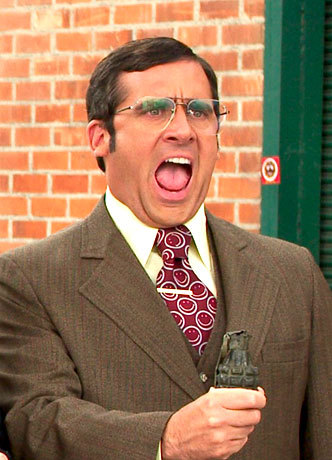I pretty much agree with what Daniel responsed, except this:
Originally Posted by Daniel
I thought this was part of the film and it's kind of irony. From the beginning of the film you kind of expect everything to come together in perhaps an even more contrived way. But instead nothing really comes together and the only thing linking these characters are similar issues and problems in their lives. I can imagine PTA thinking about the ending, adding the frogs, and smiling, laughing almost at the audience. I thought the ending of The Master was very similar. In fact I think the plots are very similar, in both films we expect characters to come full circle, to end at a definitive point, we think we know what's going to happen, but by the end things just don't turn out that way.
I don't feel that way about
Magnolia and
The Master. They are both very different films, in my opinion, and seem to deal with their characters in very dissimilar ways, if you ask me. I can see that there is a sort of connection between both films, in terms of the troubles and the issues of the characters, but I felt that the outcome was very different.
SPOILERS!!!
I don't completely agree about 'nothing coming together' in
Magnolia. I felt many things happened and revolved, ESPECIALLY during and after the exodic climax. I mean, in some sort of way, every character comes 'full circle' in it. Not always in a positive way, but every story had its own satisfying closure, in my opinion.
In
The Master, I believe PTA did something completely different with his main character(s). PTA explores the motivations and issues of his characters in a much more subtle way here. In this film, the main character, Freddie Quell, ends up with a sect, a community, and tries to discover the answer to his issues and emptiness by putting himself in the hands of Lancaster Dodd. Only this time, there are no sudden insights. There are no frogs that make him see everything from a new perspective spiritually or emotionally. Still, we feel like the character learned something and that we learned something with him. It was all some sort of therapy. He finally realized something himself. He runs away, but he doesn't regret what happened to him.
In the ending scene, we seemingly see the same man as in the beginning, but somehow it's very different. He seems much more 'free' and 'dissolved' than he was in the beginning. Somehow there still is a circle. He dealt with life. Brilliant film.
Magnolia is more 'dealing with drama of the past and the present', while
The Master is more a search for a purpose, something to live for.





